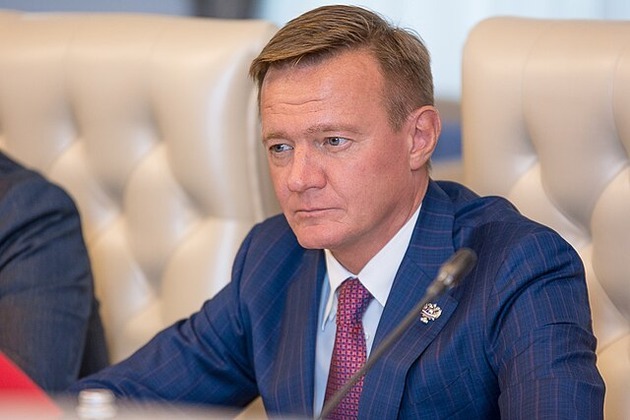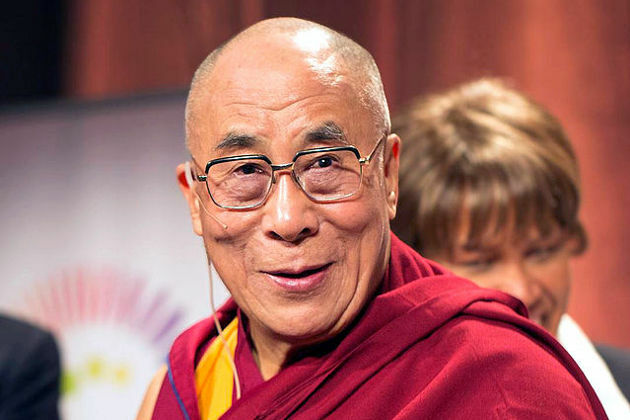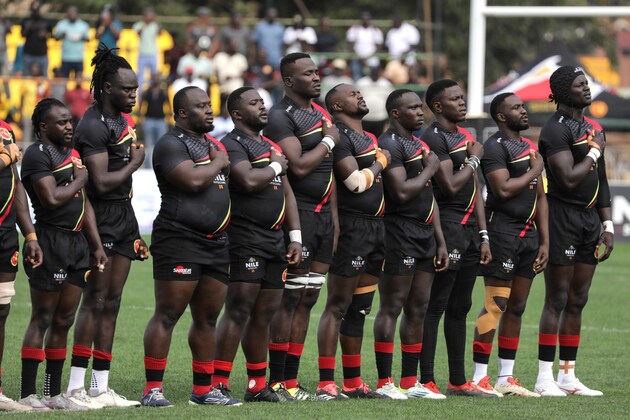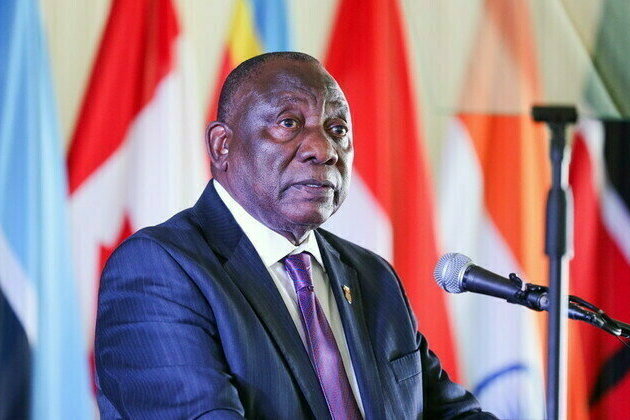What some entrepreneurial welfare beneficiaries do to improve their lives
The Conversation
12 Sep 2019, 18:05 GMT+10
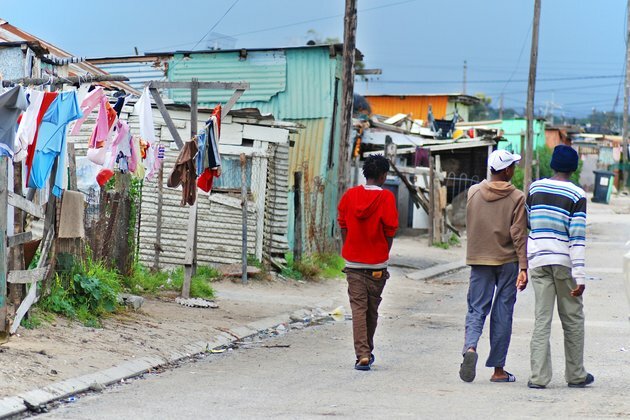
South Africa distributes 17 million social grants every month. These include child, disability and older person grants. Versions of this large social protection system exist elsewhere in the Global South, in countries like Brazil, Ethiopia and China.
Critics in South Africa, as in other countries with established welfare systems, sometimes argue that social grants are a drain on public resources. They suggest that this money should be invested elsewhere to help stimulate economic and employment growth.
However, a convincing body of research shows that there are significant gains in food security, health, education and financial independence for those who receive cash transfers in many countries, including South Africa.
A recent study conducted by the Centre for Social Development in Africa at the University of Johannesburg builds on this body of evidence.
The research looked at how social grant beneficiaries in an urban area use their grants to generate income and improve their livelihoods amid high rates of poverty and unemployment. Social grant beneficiaries in the study were highly industrious and strategic. They established businesses and invested their grant money to grow their income to meet their households' basic needs.
The research
According to the World Bank social grants account for on average 10% of beneficiaries' consumption needs in low-income countries; 21% in lower-middle and 37% in upper-middle income countries.
Our research supports this, attesting to the fact that social grants are insufficient to sustain a family. How, then, do grant beneficiaries bridge the gap between their grants and their needs?
Previous research shows that cash transfers in rural areas are used for productive capital, and for saving and borrowing. We wanted to get a picture of how people in urban areas used their grants.
Using a narrative research approach, we conducted in-depth interviews with 17 grant beneficiaries. Our study specifically identified beneficiaries who were engaged in activities to improve their livelihoods. These represent 25% of grants recipients in Doornkop, Soweto. The community on the outskirts of Johannesburg has high levels of poverty, unemployment, grant recipients and informal income-generating activities.
Each participant was interviewed three times between April and July 2017.
The participants included a diverse cross-section of gender, age and type and number of grants received. Most participants had some secondary school education.
What we found
Our research showed that many grant recipients worked hard to make their small grants go a long way. The participants we interviewed are diligent and self-disciplined women and men, both young and old, who care about their households and communities. They used their energies, skills and available resources to navigate the daily challenges of poverty and unemployment.
The participants typically had no previous source of income and used the grant money in nuanced ways. Grants were employed as capital to start and sustain their businesses. They used their own social networks, their knowledge and skills, as well as their homes, to make a living. They also invested in future livelihoods by, for example, paying for a child's education.
The participants engaged in 30 livelihood activities that can be clustered into:
Buying and selling cigarettes, snacks, clothing, fruit and vegetables;
Providing services such as gardening, shoe repairs, building, painting, recycling and traditional healing.
Participating in a form of gambling, mostly a numbers game called fahfeeh.
Most grant beneficiaries interviewed ran more than one micro-business to generate income and their primary motivation was to get out of poverty. In some cases, participants described themselves as partners working with government to improve their lives.
For all our participants the reliability of the social grant was key to managing cash flow and planning for their operational requirements. Recipients of larger grants invested in higher-yield income activities.
The other important finding is that we have new insight into what is working in township economies, and what local entrepreneurs look like - often older and female, they are people who have gained their communities' trust.
Improving lives
Finally, our research found that these income-generating activities often resulted in improved living conditions. As one participant put it, "Living has become easier." We estimated an average total household income of R2000 a month from these other livelihood activities.
In general, our participants had enough money to cover their basic needs such as food, clothes, school uniforms, home improvements and access to education and healthcare. We also found that they reported improved mental well-being as a result of these income generating activities, expressing pride, improved confidence and happiness.
Beneficiaries' stories also showed how grants and income-producing activities worked together to help stimulate the township economy.
Recommendations
Our research shows that social grants are not enough to move people out of poverty. Although our participants grew their income and moved above the food poverty line, they remained within the poverty line.
Critically, we believe that social grants are only one aspect of a multi-pronged poverty reduction package. Grants combined with livelihood support, such as microfinance programmes that provide financial and productive skills to poor people, would offer improved sustainable livelihood outcomes.
We also argue there is a need for a dual approach to policy making. This should acknowledge individual agency as a mechanism for change, while also strengthening the impact of existing policies to reduce the barriers to establishing income-producing activities.
Finally, we propose complementary interventions like economic empowerment schemes within urban townships to support existing grassroots initiatives to reduce poverty and establish sustainable township economies. These strategies are crucial to support people's efforts, no matter how modest, to improve their lives in a context of rising unemployment in South Africa.
Authors: Chibuikem Nnaeme - Postdoctoral Fellow, University of Johannesburg | Leila Patel - Professor of Social Development Studies, University of Johannesburg | Sophie Plagerson - Senior research fellow at the Centre for Social Development in Africa, University of Johannesburg 
 Share
Share
 Tweet
Tweet
 Share
Share
 Flip
Flip
 Email
Email
Watch latest videos
Subscribe and Follow
Get a daily dose of Cape Town Express news through our daily email, its complimentary and keeps you fully up to date with world and business news as well.
News RELEASES
Publish news of your business, community or sports group, personnel appointments, major event and more by submitting a news release to Cape Town Express.
More InformationInternational
SectionPutin fires transport chief, later found dead in suspected suicide
MOSCOW, Russia: Just hours after his sudden dismissal by President Vladimir Putin, Russia's former transport minister, Roman Starovoit,...
Thousands gather in Himalayas as Dalai Lama celebrates 90th birthday
DHARAMSHALA, India: The Dalai Lama turned 90 on July 6, celebrated by thousands of followers in the Himalayan town of Dharamshala,...
Fans perform WWII-era Fascist salute at Marko Perković’s mega concert
ZAGREB, Croatia: A massive concert by popular Croatian singer Marko Perković, known by his stage name Thompson, has drawn widespread...
U.S. Treasury Secretary says Musk should steer clear of politics
WASHINGTON, D.C.: Elon Musk's entry into the political arena is drawing pushback from top U.S. officials and investors, as his decision...
TikTok building U.S.-only app amid pressure to finalise sale
CULVER CITY, California: TikTok is preparing to roll out a separate version of its app for U.S. users, as efforts to secure a sale...
Trump defends use of 'Shylock,' citing ignorance of slur
WASHINGTON, D.C.: President Donald Trump claimed he was unaware that the term shylock is regarded as antisemitic when he used it in...
South Africa
SectionBrook reclaims top Test batter spot, Gill rises to career-best No.6 in ICC Rankings
Dubai [UAE], July 9 (ANI): England's right-hand batter Harry Brook replaced his teammate Joe Root to reclaim the No.1 Test batter's...
Finn Allen ruled out of tri-series against South Africa, Zimbabwe due to injury
Wellington [New Zealand], July 9 (ANI): Ahead of the tri-series against Zimbabwe and South Africa, New Zealand have suffered a major...
Trump to announce new trade tariffs for "a minimum of seven countries"
Washington DC [US], July 9 (ANI): A day after Donald Trump announced reciprocal tariffs on 14 countries, two days ahead of his deadline...
(SP)UGANDA-KAMPALA-RUGBY AFRICA CUP-KENYA VS UGANDA
(250709) -- KAMPALA, UGANDA, July 9, 2025 (Xinhua) -- Starting players of Uganda sing their national anthem before kickoff of the Rugby...
South Africa's record run extends with massive win over Zimbabwe in 2nd Test
Bulawayo [Zimbabwe], July 8 (ANI): Bulawayo witnessed South Africa's unstoppable run continuing, as the newly-crowned ICC World Test...
G20 chair calls for urgent global action on Africas debt crisis
Poor nations are paying more on interest to creditors than they invest in their people, the South African president has said South...

